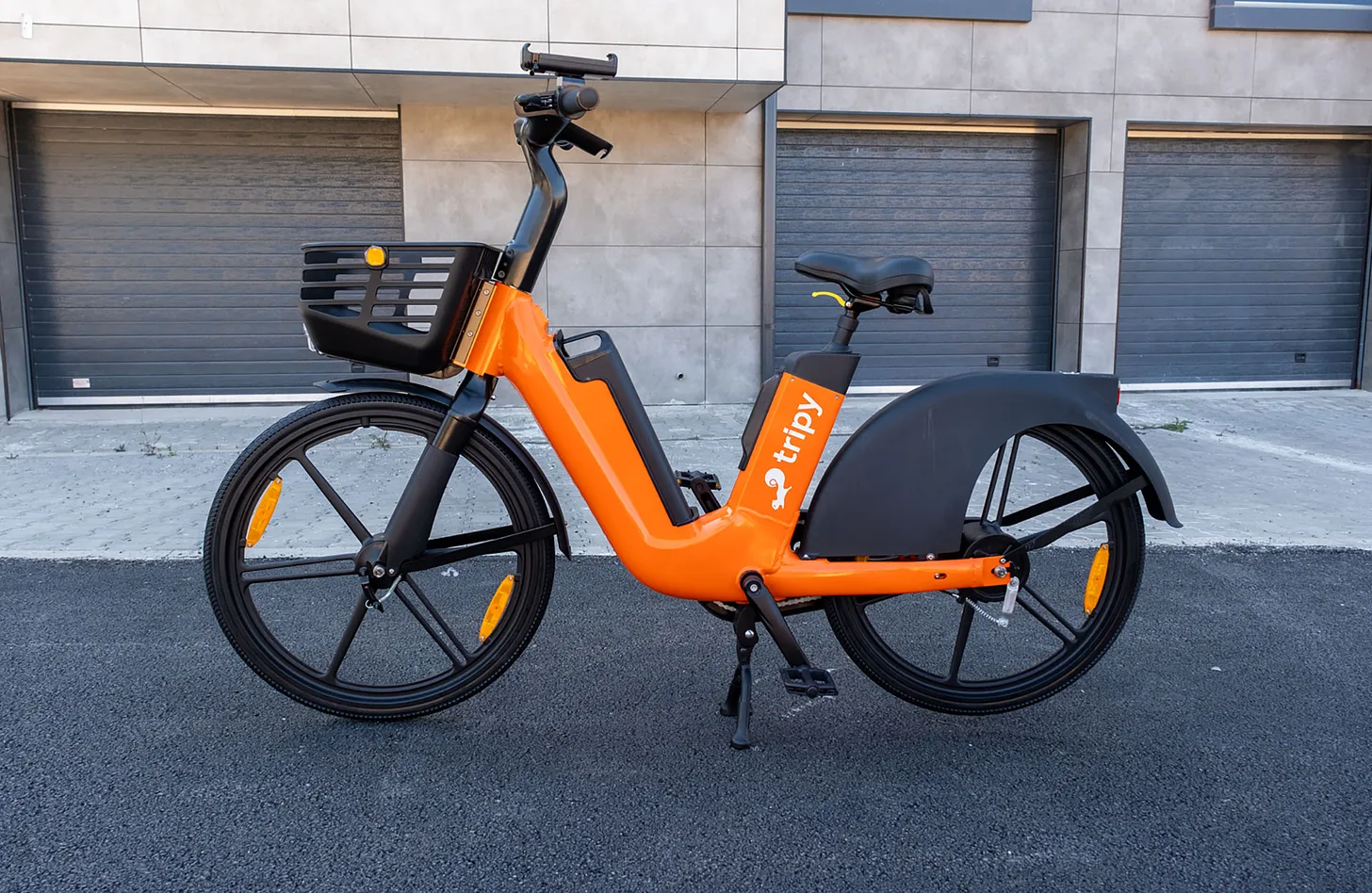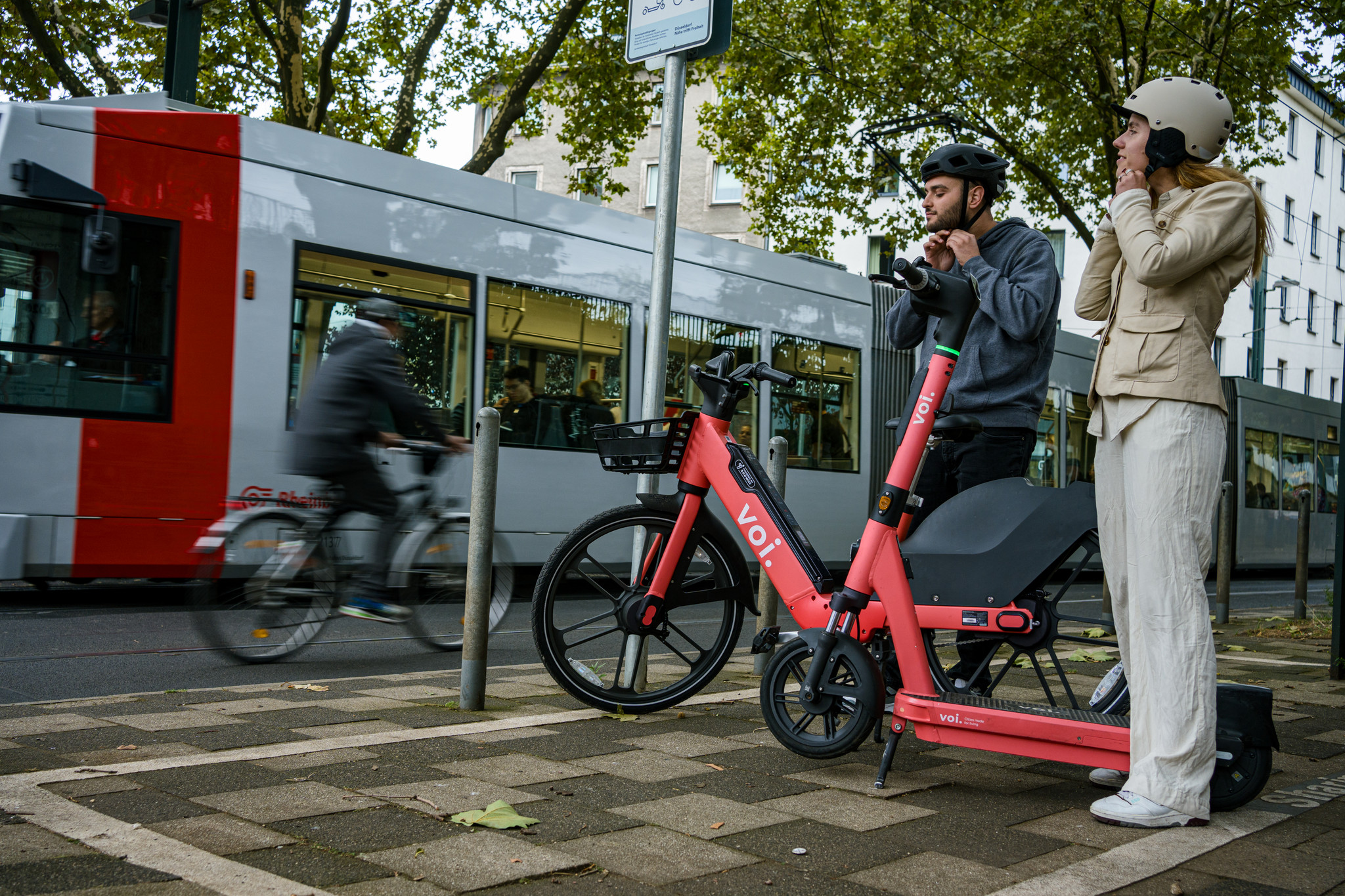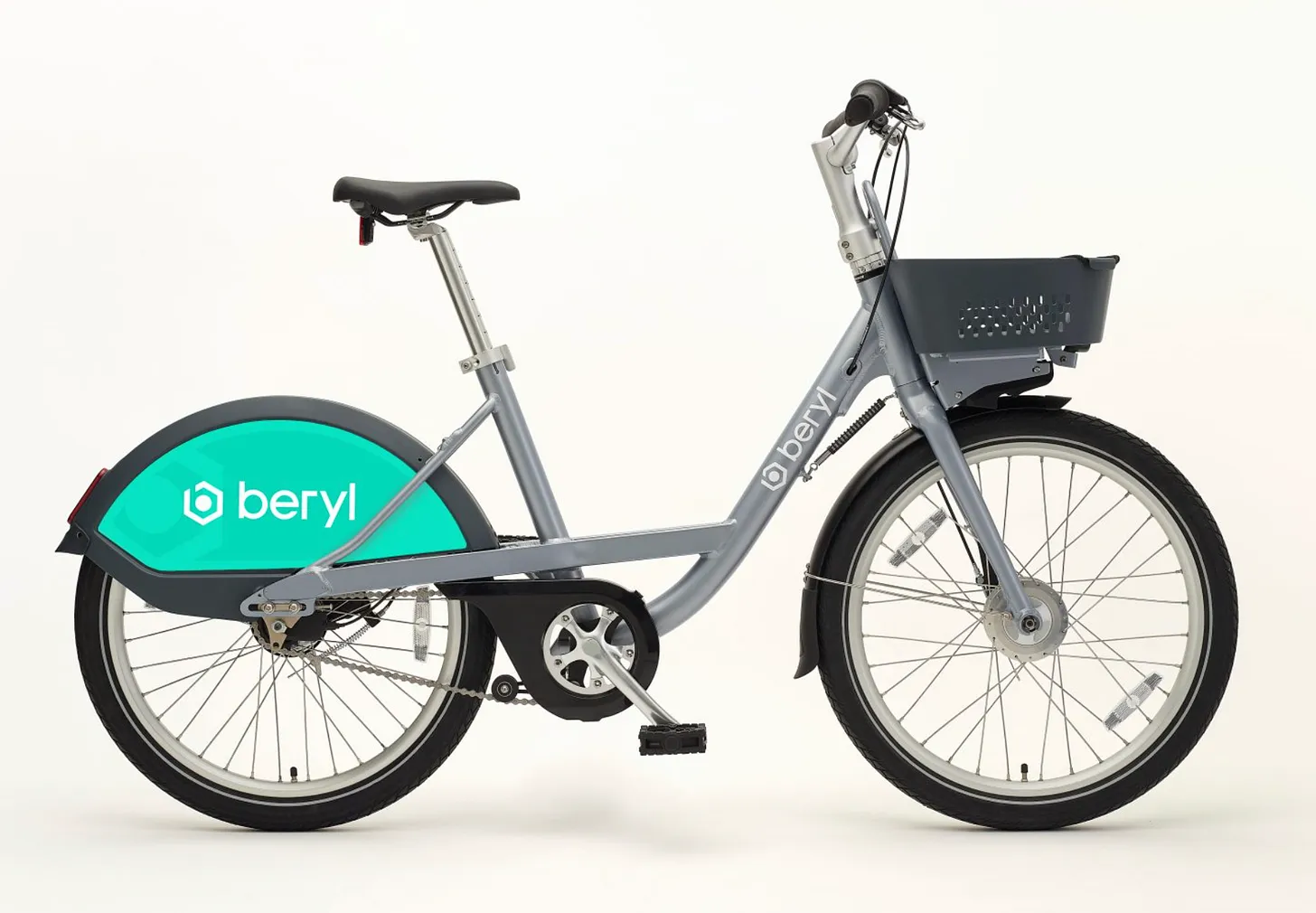In a big step for sustainable mobility, Finland’s Vapaus Group has joined forces with France’s top corporate cycling provider, Azfalte. This merger isn't just a business transaction, it’s part of a growing European push to improve employee health, reduce carbon emissions, and support economic growth.Their ambitious, shared goal is to put over one million employees on bikes in the coming years.
But why does this merger matter, and why is France the new frontier? The blueprint comes from Germany’s proven success, combined with Europe’s growing urgency to decarbonize transport.
The German Blueprint:
To understand the ambition behind Vapaus and Azfalte, one must look to Germany. As detailed in a recent white paper from the European Cyclists' Federation (ECF) and JobRad Group, Germany’s Company Bike Leasing (CBL) model is a staggering success. By the end of 2024:
- +2.1 million company bikes were on the road.
- 289,000 employers participated in the scheme.
- The market generated a massive €3.1 billion in provider turnover.
- It contributes to an estimated 491,000 jobs in the bicycle sector and its value chain.
The model works by allowing employees to lease bikes via their employer, paying in gross-salary installments. Favorable taxation makes premium bikes up to 40% cheaper. With 78% of leased bikes in Germany being e-bikes, the scheme plays a major role in offering fast and convenient sustainable transport options for everyone. E-bikes, as a genuine alternative for the daily work commute, have a carbon footprint that is 12 times lower than cars. In addition, the report points to potential transport emission cuts of 33.5% in Germany, 22.8% in Sweden, and 24% in the UK under supportive policy conditions.
A supporting Deloitte study confirms the market's resilience, calling it "an absolute pillar of the German bicycle industry."
Why France is the New Frontier
While Germany has made corporate cycling a standard employee benefit, France represents Europe's most dynamic growth market. The Vapaus-Azfalte merger is a direct bet on this potential, driven by powerful trends:
- 60% of urban car journeys are under 5 km - the perfect distance for cycling, especially e-bikes.
- France’s tax incentives and mobility schemes are making cycling more attractive.
- Strong employer involvement is helping France catch up with Germany, where corporate cycling is already standard.
More Than a Merger: A Shared Mission
The partnership was forged long before the deal was signed. The paths of Vapaus CEO Mikko Ampuja and Azfalte founder Jean-François Dhinaux first crossed through the European Startup Prize for Mobility, a testament to their shared conviction that the bicycle is a primary tool for ecological and social transformation.
“We don’t intend to merge two companies overnight. Instead, we will take the necessary time to shape our joint business, continuously learn from each other, and leverage the best models, processes, and technologies,” says Ampuja, highlighting a deliberate and respectful integration strategy.
The combined entity aims to create the European benchmark for corporate cycling by integrating Vapaus’s fully automated, scalable technology platform, handling payroll, invoicing, logistics, and financing, with Azfalte’s French operational expertise and local anchoring.
Backed for Scale and Impact
The merger is strategically supported by Shift4Good, a French impact fund dedicated to decarbonizing transportation. This backing underscores the venture's alignment with broader EU goals, including the 2024 European Declaration on Cycling, which recognizes cycling as a key pillar of sustainable transition.
“This merger is fully aligned with Shift4Good’s mission: to support the emergence of European leaders driving the sustainable transition,” summarizes Yann Marteil, Co-founder of Shift4Good.
The race to define the future of European urban mobility is on. With this alliance, Vapaus and Azfalte aren’t just entering the race, they’ve built a new vehicle designed to set the pace.
Check this panel from Micromobility Europe 2025 where Emilie Calmettes, CPO of Vapaus spoke on a panel titles 'What makes micromobility Investment Different'.

.svg)
%2Bcopy.jpeg)


.svg)












